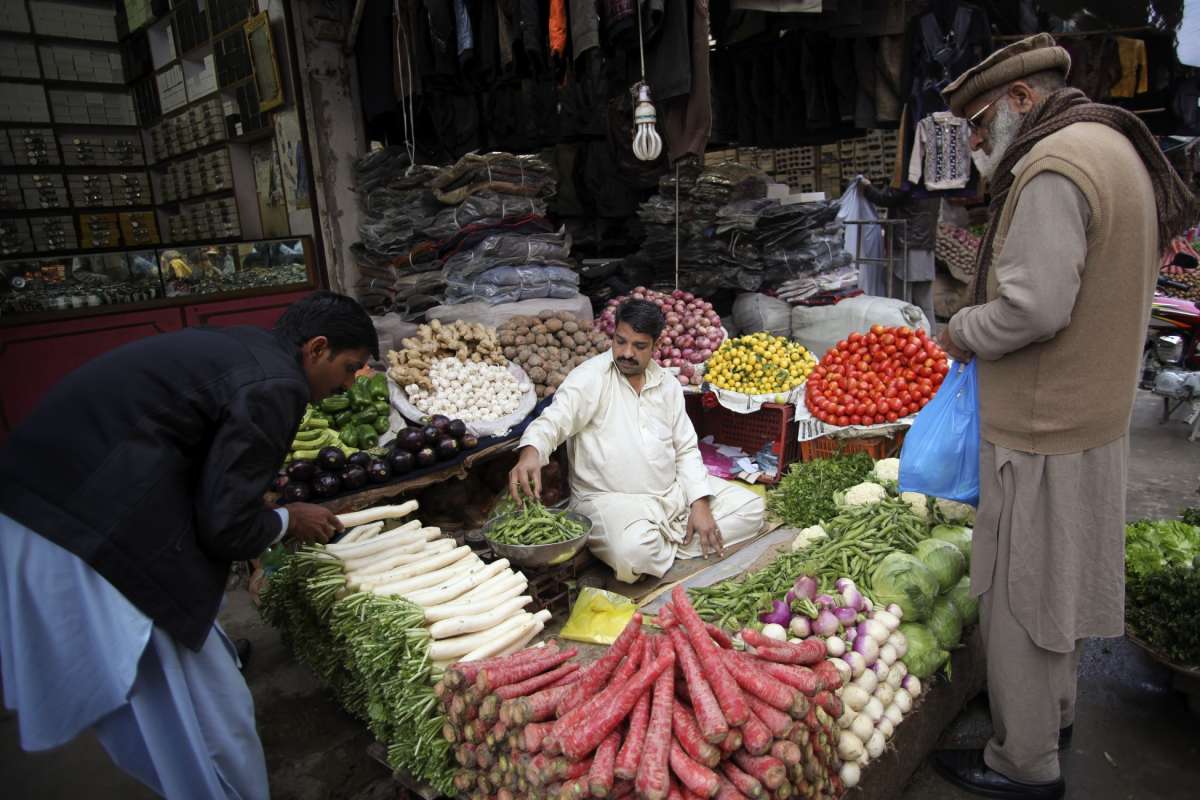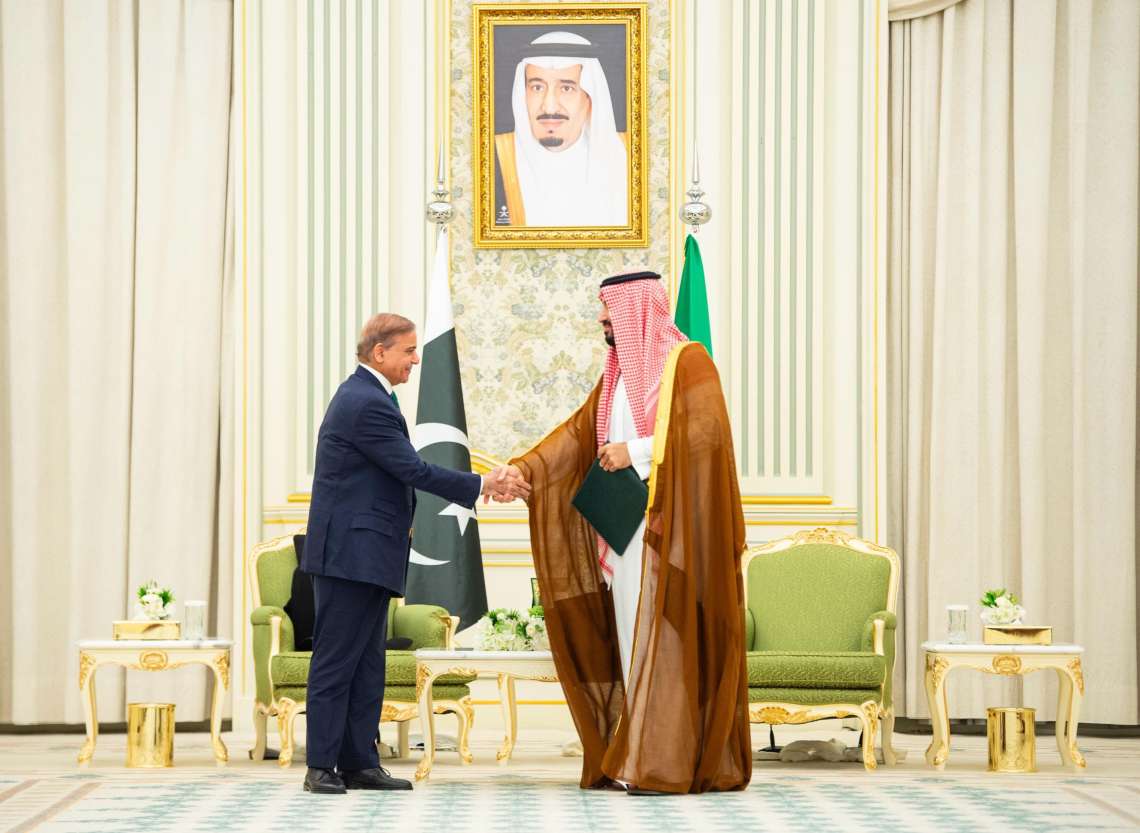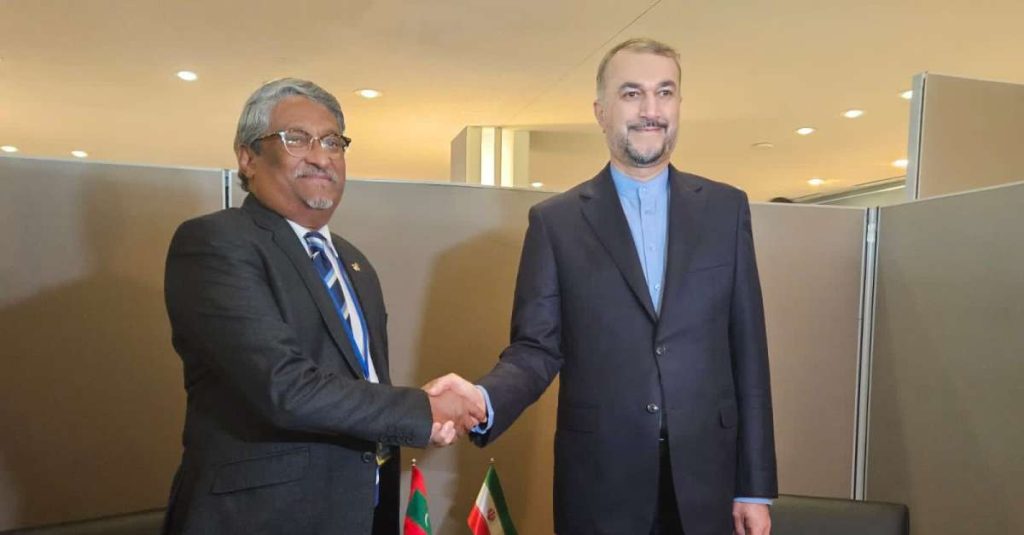Najy Benhassine, Country Director for the World Bank in Pakistan, said this may be Pakistan’s moment in making policy shifts….reports Asian Lite News
Pakistan is in its tipping point crisis where it should decide to remain a laggard with 40 per cent population living below the poverty line under elite capture and policy decisions driven by strong vested interests of military, political and business leaders or change course to take off for a brighter future, local media reported.
This candid warning came from the World Bank ahead of the new election cycle for the upcoming government to make early choices while making it clear that international lenders and development partners could only advise with international experiences of successes and some financing but hard choices and course correcting decisions could only be taken within the country, Dawn reported.
“This may be Pakistan’s moment in making policy shifts,” said Najy Benhassine, Country Director for the World Bank in Pakistan, at a news briefing while releasing a set of policy notes for debate and discussions for finalisation before the new elected government comes in, Dawn reported.
He said Pakistan was in the middle of a human resource capital and economic crisis. “Policy decisions are heavily influenced by strong vested interests, including those of military, political and business leaders,” reads an overview of the ‘Reforms For a Brighter Future: Time to Decide’ that Mr Benhassine released.
He said Pakistan had been facing numerous economic hardships including inflation, rising electricity prices, severe climate shocks, and insufficient public resources to finance development and climate adaptation — when the country was among the most vulnerable to climate change impacts, Dawn reported.
Pakistan’s human development outcomes lag well behind the rest of South Asia and are roughly equivalent to those in many Sub-Saharan African countries with the costs disproportionately borne by girls and women while close to 40pc of children under five years of age were stunted and had the largest number (20.3m) of out-of-school children in the world, Dawn reported.
Its growth model has resulted in periodic balance of payments crises driven by unsustainable fiscal and current account deficits that necessitated subsequent painful contractionary adjustments, slowing growth, reducing certainty and undermining investments.
Inflation surges 38.66%
Pakistan’s weekly inflation spiked 38.66 per cent on a year-on-year basis, mainly due to a rise in petroleum prices, the Pakistan Bureau of Statistics (PBS) said on Saturday.
The Sensitive Price Indicator-based inflation increased by 0.93 per cent for the week ending on September 21 as compared to the previous week, the PBS data revealed.
The indicator comprised 51 essential items collected from 50 markets in 17 cities of the country, the PBS said, Xinhua news agency reported.
During the week, out of 51 items, the prices of 22 items increased, 11 items decreased in price, and 18 items remained stable, the data showed.
The PBS added that the prices of chicken, onions, garlic, petrol and diesel witnessed an increase during the last week.
A decrease was recorded in the prices of sugar, bananas, tomatoes, wheat flour, cooking oil and tea, it said.
Electricity Tariff Hike
Pakistan’s National Electric Power Regulatory Authority (NEPRA) has proposed an increase of electricity tariff by Pakistan Rupee 3.28 per unit on account of quarterly adjustment, ARY News reported.
As per details, the NEPRA has decided to increase the electricity tariff, preparing to throw an additional burden of Rs 160 billion on the power consumers.
The regulatory authority has sent the summary to the caretaker federal government, proposing an increase of PKR 3.28 in electricity tariff under the fourth quarter adjustment of the financial year 2022-23.
The increase – which will be implemented after the federal government’s nod – will also be applied to K-Electric consumers. The power consumers will have to make additional payments in the next six months – October 2023 to March 2024.
Meanwhile, protests were held across Pakistan against the rise in the power tariff and the inclusion of excessive taxes in the electricity bills.
The unrest over increased electricity bills comes as cash-strapped Pakistan faces an economic crisis with inflation hovering at around 29 per cent.
Earlier, it was reported that the International Monetary Fund (IMF) had stopped Pakistan from giving relief to the power consumers using over 200 units, monthly.
“Circular debt will not come down if relief is given on electricity bills,” IMF said on Pakistan’s relief plan, as per sources.
The relief in terms of delayed payments of the bills will only be given to consumers, who are using under 200 units for six months continuously.
The relief will be revoked, if the bill of a consumer comes over 200 units in six months, the sources said, as per ARY News. (with inputs from agencies)











